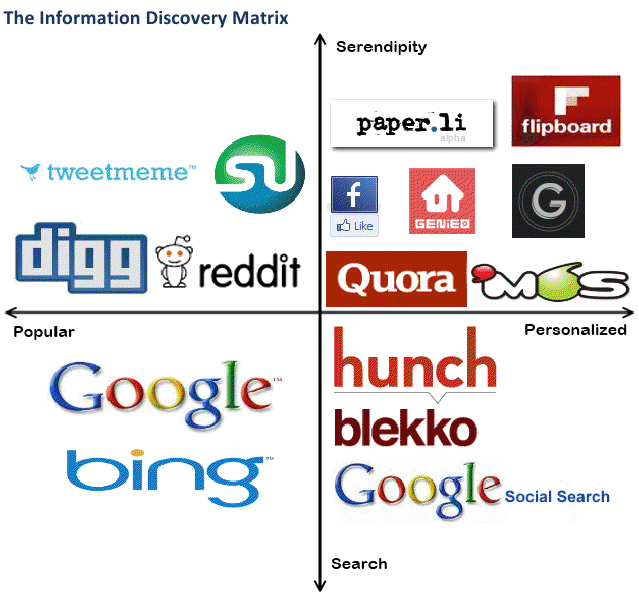This morning I couldn't resist the urge to air out my issue with relevance as an overloaded word.
Echo Chamber
In the tech startup world, particularly in web services, the larger community binds itself to trends and latches on to buzz words which capture and convey the essence of those trends. We've witnessed many terms rise into popularity only to be watered down by frequent reference and repeated misuse. One need only mention bubble, scrum, agile, lean, scrappy, product market fit, traction, social proof, disruption, pivot, BOOM or smurf to see the term repeated, applied and attached to a hundred different meanings, many which are contradictory.
The social meme is a direct assault on the meaning and utility of language. Clearly defined vocabulary is a prerequisite for meaningful communication. If we don't agree on what a term means, how can we rationally discuss it.
The latest casualty to meme erosion is relevance. One of my favorite bloggers and esteemed TechMeme editor Mahendra Palsule generously provided a guest post on TechCrunch titled The Age of Relevance. I can think of no single individual who is a better choice for authoring a post on this murky topic*, yet I came away from the post thinking that every startup or company seeks to provide optimal relevance per dollar to their customers. What's so unique about companies who declare their quality filters are targeting visitor relevance? Walmart and British Petroleum strive to be relevant to their customers. Do they belong in conversations about social search and serendipity?
In the post Mahendra speaks to the changing focus of startups from search, to crowd sourced discovery, to personalized recommendations to personalized serendipity, always with an eye towards the bullseye of relevance.

I agree with many of his thoughts on personalization and individual value, yet I fear Mr. Palsule has attached too many meanings to a single word. We as a community of bloggers, builders, founders, readers, commenters, and evangelists must rise to the defense of meaningful terms and conversations. We should strive to dissect and fragment relevance and other overloaded words into separate terms to express precise meaning based on context, market and environment. If we fail to divide and conquer overloaded terms, the result is a growing tax on knowledge transfer, diminished value in conversations, and an eventual breakdown of communication.
Note:
*= I can think of a dozen individuals who would be as passionate about relevance as Mahendra, namely startup leaders from
- my6sense, Louis Gray
- knowabout.it, Kevin Marshall
- Quora
- StackExchange
- PostRank, Ilya Grigorik
and leaders of social filter companies and sentiment analysis
- Blekko
- Jawaya, Charlie Crystle
- Hunch, Chris Dixon
as well as algorithmic leaders in Google and Bing search or bit.ly analytics. These and every other company survives and prospers by being relevant to their visitors and clients.